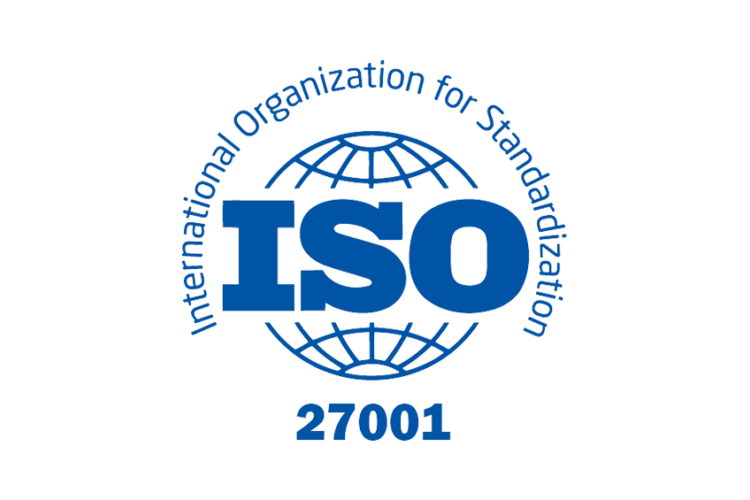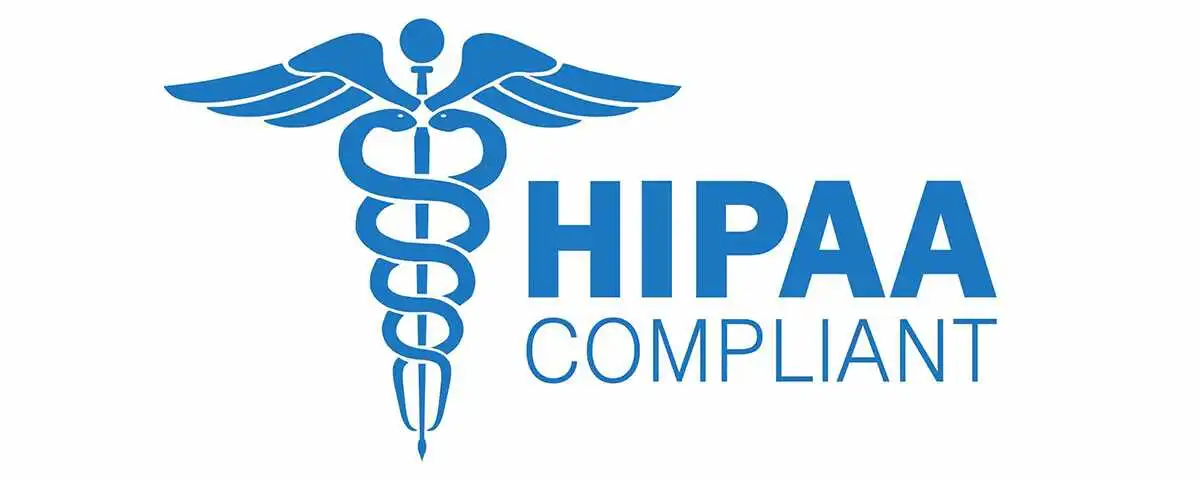Revenue Cycle Management (RCM) audits are critical for ensuring compliance, identifying revenue leakage, and optimizing billing processes. Whether it’s an internal review or an external audit, being prepared can help avoid penalties, reduce claim denials, and improve financial efficiency.
In this guide, we’ll break down the step-by-step process to prepare for an RCM audit, ensuring your healthcare organization is audit-ready and financially secure.
Understanding the Importance of an RCM Audit
What is an RCM Audit?
An RCM audit evaluates the accuracy, efficiency, and compliance of a healthcare organization’s billing, coding, and payment processes. It helps:
- Detect errors in claims and coding
- Identify revenue leakage
- Ensure compliance with healthcare regulations
- Improve reimbursement rates
Why is an RCM Audit Necessary?
- Regulatory Compliance: Ensures adherence to HIPAA, Medicare, and insurance policies.
- Revenue Optimisation: Helps maximise reimbursements by identifying missed revenue opportunities.
- Risk Mitigation: Reduces the risk of fraud, penalties, and claim denials.
RCM audits safeguard your practice’s financial health and regulatory standing. Partnering with a trusted RCM expert like NYX RCM Partners LLC can streamline the process.
Step-by-Step Guide to Preparing for an RCM Audit
Step 1: Gather and Organize Documentation
An auditor will review multiple financial and billing records. Ensure you have:
- Patient records (EHR data)
- Billing statements
- Claim submissions and denials
- Insurance verification records
- Payment receipts and outstanding balances
Use digital tools and automated billing systems to keep records organized and easily accessible.
Step 2: Review Medical Coding and Billing Accuracy
Coding errors are a leading cause of claim denials. Audit your ICD-10/ICD-11 and CPT codes to ensure:
- Correct procedural and diagnosis codes are used
- Claims are properly documented
- Coding updates are implemented in your system
Outsource coding audits to experts like NYX RCM Partners LLC to prevent coding errors and optimize reimbursements.
Step 3: Verify Insurance and Patient Eligibility
Errors in insurance verification often lead to denied claims. Double-check:
- Patient eligibility verification records
- Co-payments and deductibles calculations
- Pre-authorization documentation
Using an automated eligibility verification system can minimize errors and speed up processing.
Step 4: Conduct an Internal Compliance Check
Ensure adherence to healthcare regulations, payer policies, and HIPAA compliance by:
- Reviewing security protocols for patient data protection
- Auditing claim submission processes
- Checking for fraud prevention measures
Regular compliance audits ensure your practice avoids fines and legal issues.
Step 5: Analyze Payment and Denial Trends
Understanding denial trends can help improve claim approval rates. Assess:
- Common reasons for claim denials
- Appeal success rates
- Aging accounts receivable reports
Using AI-driven analytics can help identify revenue leakage and areas for improvement.
Step 6: Train Staff on Best Practices
Your billing and coding teams play a crucial role in a successful RCM audit. Conduct:
- Regular training on coding updates (ICD-11, CPT changes)
- Workshops on claim submission best practices
- HIPAA compliance training
Investing in continuous education ensures long-term compliance and financial efficiency.
Step 7: Engage a Professional RCM Partner
A third-party RCM provider can conduct an independent audit, providing:
- Expert insights on billing efficiency
- Error detection and claim optimization
- Regulatory compliance assurance
Need professional audit assistance? NYX RCM Partners LLC provides comprehensive RCM audit support to help healthcare providers maintain compliance and optimize revenue.
Post-Audit: Implementing Improvements
Once the audit is complete, focus on:
- Correcting identified errors
- Updating billing and coding practices
- Implementing new technology solutions
- Scheduling regular audits for ongoing compliance
Proactive measures ensure long-term financial stability and operational efficiency.
Conclusion
Preparing for an RCM audit doesn’t have to be overwhelming. By organizing records, improving coding accuracy, ensuring compliance, and leveraging technology, healthcare providers can reduce claim denials and optimize revenue. Partnering with an experienced RCM provider like NYX RCM Partners LLC can further streamline the process, ensuring audit success and financial health.
Stay ahead—implement these strategies and maintain a seamless revenue cycle!





